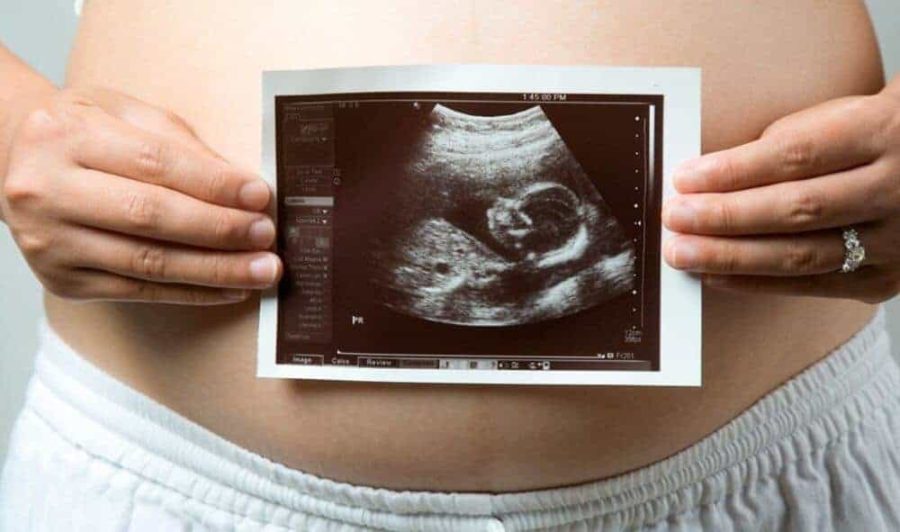Domestic violence can affect children even before they’re born, indicates new research by Michigan State University scientists.
The study is the first to link abuse of pregnant women with emotional and behavioral trauma symptoms in their children within the first year of life. Symptoms include nightmares, startling easily, being bothered by loud noises and bright lights, avoiding physical contact and having trouble experiencing enjoyment.
“For clinicians and mothers, knowing that the prenatal experience of their domestic violence can directly harm their babies may be a powerful motivator to help moms get out of these abusive situations,” said Alytia Levendosky, psychology professor and study co-author.
The study of 182 mothers ages 18-34 found a surprisingly strong relationship between a mother’s prenatal abuse by a male partner and postnatal trauma symptoms in her child. The researchers examined the women’s parenting styles and also took into account risk factors such as drug use and other negative life events, marital status, age and income.
Levendosky said prenatal abuse could cause changes in the mother’s stress response systems, increasing her levels of the hormone cortisol, which in turn could increase cortisol levels in the fetus.
“Cortisol is a neurotoxic, so it has damaging effects on the brain when elevated to excessive levels,” Levendosky said. “That might explain the emotional problems for the baby after birth.”
A clinical psychologist for nearly 20 years, Levendosky has counseled many domestic violence survivors who didn’t believe the abuse would affect their child until the child was old enough to understand what was going on.
“They might say things like, ‘Oh, I have to leave my partner when my baby gets to be so-and-so age – you know, 3 or 4 years old – but until then, you know, it’s not really affecting him, he won’t really remember it,’” she said. “But I think these findings send a strong message that the violence is affecting the baby even before the baby is born.”
The study appears in the research journal Child Abuse & Neglect. Levendosky’s co-researchers include Brittany Lannert, a former doctoral student, and psychology professors Anne Bogat and Joseph Lonstein.
If our reporting has informed or inspired you, please consider making a donation. Every contribution, no matter the size, empowers us to continue delivering accurate, engaging, and trustworthy science and medical news. Independent journalism requires time, effort, and resources—your support ensures we can keep uncovering the stories that matter most to you.
Join us in making knowledge accessible and impactful. Thank you for standing with us!

